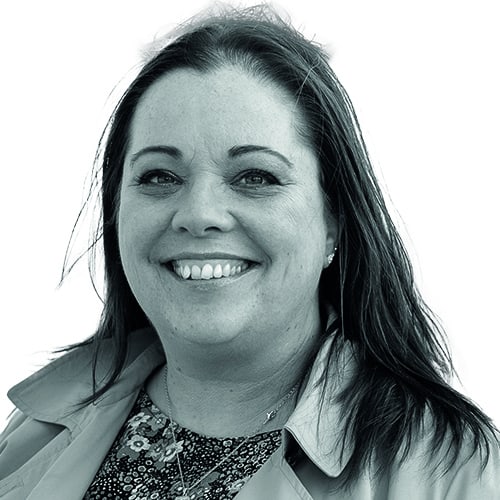Help is available for disabled people considering becoming a councillor
Being a councillor is all about giving back to your community and bringing your passion to make a difference to your local area and wider society.
We need councillors from all backgrounds and experiences who reflect the communities they serve, to make sure that everyone’s voice is heard.
The journey to becoming a councillor can feel daunting, and especially so if you face barriers in society.
Disabled people are consistently underrepresented on councils, with 15.5 per cent of councillors declaring a disability or long-term impairment in 2022, according to the LGA’s most recent councillor census. This is despite just more than 20 per cent of the population having a limiting, long-term illness, condition or impairment.
The LGA has published a new guide to support disabled people to become councillors, as part of its Be a Councillor campaign.
The guide has been shaped with the help of disabled councillors, and aims to increase representation of disabled people in local government.
‘Improving access to local government elected office for disabled people’ is available now, alongside an ‘easy read’ version.
It forms part of the LGA’s wider support for disabled councillors and candidates, which also includes a bespoke leadership development programme and a one-to-one coaching offer for disabled councillors.
The LGA has also recently launched a Be a Councillor newsletter, which helps explain the steps to becoming a councillor and the support available.
‘Life experiences enhance decision-making’

Councillor Jeanie Bell (Lab) is Cabinet Member for Safer, Stronger Communities at St Helens Borough Council
I stood for election in 2014 for the first time, because I wanted to be part of shaping the policies that impacted my community. More importantly, I just wanted to help people.
I saw so many people and families in my community struggling with debt, domestic abuse, anti-social behaviour and issues accessing support, such as personal independence payments.
As a young carer growing up, I saw the barriers my mum faced after becoming disabled at work, and I knew I could help support others using my personal experiences.
But it was daunting because I didn’t have experience in the field and knew I would have a lot to learn.
Going into my second term, I became disabled myself after the removal of two brain tumours and developing epilepsy because of a lesion on my brain. It changed my life, but also gave me purpose.
People immediately thought I should give up political life as it was too stressful, but I wasn’t ready to leave it behind. I had too much work to complete and I love what I do.
My advice to any person with a disability who wants to go into political life is to go for it!
You have a unique perspective and set of life experiences that will enhance decision-making and policy direction.
There is help available and having a disability isn’t a barrier to political life; if anything, it’s an advantage – you have the lived experience that many do not.
Your voice is needed, important and so valuable.